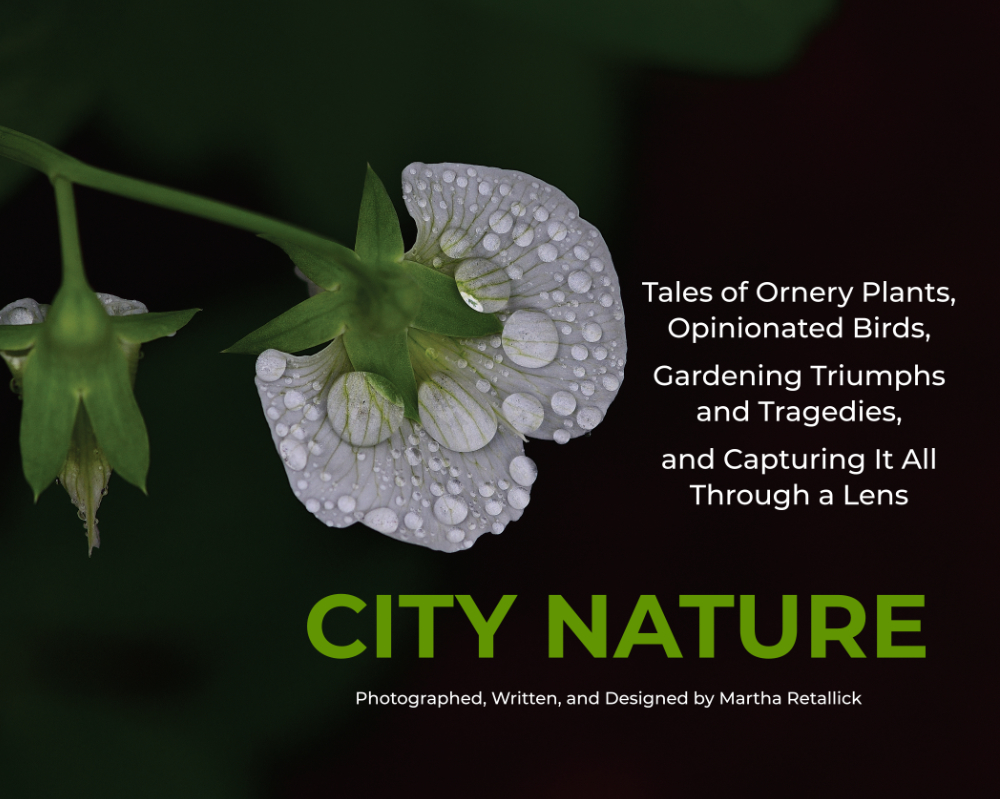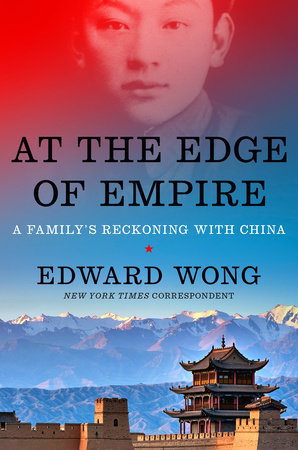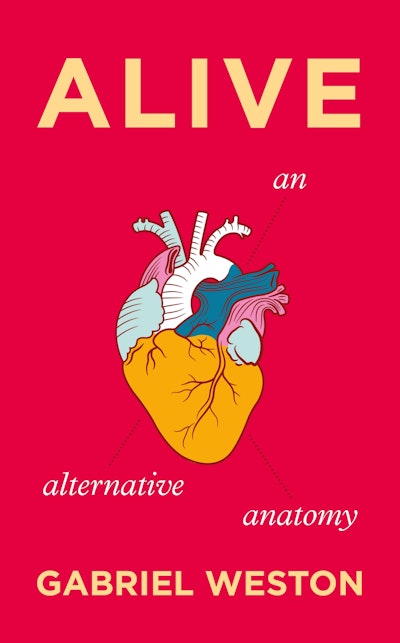 Mehta’s mind thinks in music. We understand this musical schema because of Mehta’s mother, who took her to the symphony when she was a child. Mehta describes the feeling she had after the concert, “by the time I returned to our night-sky driveway I would have violins and trumpets in my bones” (46). Currently, Mehta is the poet-in-residence at New Chamber Ballet. Knowing this conjures up a sweet sensation, like the taste of honey on the tongue.
Mehta’s mind thinks in music. We understand this musical schema because of Mehta’s mother, who took her to the symphony when she was a child. Mehta describes the feeling she had after the concert, “by the time I returned to our night-sky driveway I would have violins and trumpets in my bones” (46). Currently, Mehta is the poet-in-residence at New Chamber Ballet. Knowing this conjures up a sweet sensation, like the taste of honey on the tongue.
Category: Non fiction reviews
A review of Minor Feelings: An Asian American Reckoning by Cathy Park Hong
 At once informative and poetic, Hong’s writing is infused with sharp wit and biting irony, making it both engaging and nuanced. Minor Feelings serves as an essential guide for those navigating multiple identities and offers both lay and scholarly readers a profound understanding of the vast literary and artistic contributions these marginalized communities have made to the ever-evolving landscape of American culture.
At once informative and poetic, Hong’s writing is infused with sharp wit and biting irony, making it both engaging and nuanced. Minor Feelings serves as an essential guide for those navigating multiple identities and offers both lay and scholarly readers a profound understanding of the vast literary and artistic contributions these marginalized communities have made to the ever-evolving landscape of American culture.
A review of Silver Road: Essays, Maps & Calligraphies by Kazim Ali
 Kazim Ali is a literary artist and polymath who so delights in language and possibility that he created a chrono-synclastic infundibulate safe space wherein physics are presented in a way that makes the moon even lovelier to poets and presumably presents poetry as lovely to physicists. Ali learned “how to use [his] breath to experience [his] body and the external world with deeper focus and deliberation.”
Kazim Ali is a literary artist and polymath who so delights in language and possibility that he created a chrono-synclastic infundibulate safe space wherein physics are presented in a way that makes the moon even lovelier to poets and presumably presents poetry as lovely to physicists. Ali learned “how to use [his] breath to experience [his] body and the external world with deeper focus and deliberation.”
A review of City Nature by Martha Retallick
 The best moments come from the struggle against solitude; with Retallick, it’s the trials-and-errors of learning to “think like water” with her co-op in a drought-filled era, of upcycling a gifted chandelier into a vine climbing gym and a sun-shaking pendant collage. Not the “much more” of products, but the “much more” of the lived-in; we are nature too. The struggle against solitude is the discovery of home, and it glints like pendants.
The best moments come from the struggle against solitude; with Retallick, it’s the trials-and-errors of learning to “think like water” with her co-op in a drought-filled era, of upcycling a gifted chandelier into a vine climbing gym and a sun-shaking pendant collage. Not the “much more” of products, but the “much more” of the lived-in; we are nature too. The struggle against solitude is the discovery of home, and it glints like pendants.
A review of Age Like a Yogi by Victoria Moran
 Passionate about her subjects, her inspired writing makes for inspiring and effortless reading. In her radio shows, podcasts, and videos about other subjects, you get the feeling that she’s speaking directly to you. Similarly, her conversational writing style can make you feel like she’s writing directly to you.
Passionate about her subjects, her inspired writing makes for inspiring and effortless reading. In her radio shows, podcasts, and videos about other subjects, you get the feeling that she’s speaking directly to you. Similarly, her conversational writing style can make you feel like she’s writing directly to you.
A Review of Little Book of Versace by Laia Farran Graves
 Donatella has left behind a 28-year legacy steeped in high-octane glamour, audacious sensuality, and cultural dominance. It’s fitting, then, that Laia Farran Graves’s Little Book of Versace serves as a compact yet striking celebration of the brand’s evolution—from its origins under Gianni Versace to its current stature as a global fashion powerhouse shaped under Donatella’s reign.
Donatella has left behind a 28-year legacy steeped in high-octane glamour, audacious sensuality, and cultural dominance. It’s fitting, then, that Laia Farran Graves’s Little Book of Versace serves as a compact yet striking celebration of the brand’s evolution—from its origins under Gianni Versace to its current stature as a global fashion powerhouse shaped under Donatella’s reign.
A review of Shattered Motherhood by Donna F. Johnson
 Not only does Donna F. Johnson bring her own years of experience to this, she also brings the vast knowledge and insight of so many others, both men and women. Written with authority and conviction and a profound understanding of the political and social implications of the situation, Shattered Motherhood is a vital contribution to the understanding of this all-too-often ignored crisis involving mothers of suicides.
Not only does Donna F. Johnson bring her own years of experience to this, she also brings the vast knowledge and insight of so many others, both men and women. Written with authority and conviction and a profound understanding of the political and social implications of the situation, Shattered Motherhood is a vital contribution to the understanding of this all-too-often ignored crisis involving mothers of suicides.
A review of How to Be Avant-Garde: Modern Artists and the Quest to End Art by Morgan Falconer
 Falconer gives us a detail-rich survey of those movements, beginning with Futurism, announced in a 1909 manifesto on the front page of Paris’ Le Figaro, and running through Dadaism, Russian Constructivism, De Stijl, and the Bauhaus, and ending with the post-WWII movement Situationism. The story he tells is of artists willing to break with art’s past and to reinvent its formal language, its materials, and above all, its relationship to life.
Falconer gives us a detail-rich survey of those movements, beginning with Futurism, announced in a 1909 manifesto on the front page of Paris’ Le Figaro, and running through Dadaism, Russian Constructivism, De Stijl, and the Bauhaus, and ending with the post-WWII movement Situationism. The story he tells is of artists willing to break with art’s past and to reinvent its formal language, its materials, and above all, its relationship to life.
Of Loyalty to Father & Country: A review of At the Edge of Empire: A Family’s Reckoning with China Edward Wong

A review of Alive: Our Bodies and the Richness and Brevity of Existence by Gabriel Weston
 Alive takes us on a tour of the body by chapter, from bones to lungs to kidney to womb. Weston works hard to turn an anatomy tutorial into a story – or perhaps infuse a story with a bit of a tutorial. Each section provides a scientific and historical overview of the organ in question, a personal narrative of a patient, and often a journey into the role of the treating physician.
Alive takes us on a tour of the body by chapter, from bones to lungs to kidney to womb. Weston works hard to turn an anatomy tutorial into a story – or perhaps infuse a story with a bit of a tutorial. Each section provides a scientific and historical overview of the organ in question, a personal narrative of a patient, and often a journey into the role of the treating physician.